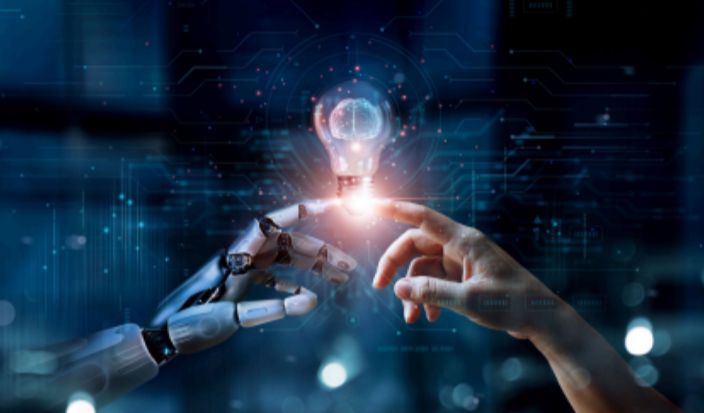By, Nurul Nabilah Noor Azman
Artificial intelligence (AI) is rapidly improving as time goes by. There is no denying that AI has become a vital part of everyone’s life. From generating ideas to enhancing the decision-making process, AI redefines how work gets done. But is your job at risk?
Studies have shown that industries that rely on manual tasks, such as manufacturing and data entry, are the most likely to use AI programs. For example, robots in factories and algorithms in data processing have improved efficiency but have also led to job losses, with the World Economic Forum predicting AI could replace over 85 million jobs by 2025.
However, it’s not all doom and gloom. Although AI may have stolen certain jobs, it is also predicted to create 97 million new jobs in areas like AI development, data science, and cybersecurity. Job inquiries are essential to have skills in technology, critical thinking, and creativity. Moreover, jobs requiring emotional intelligence, such as in education and healthcare are likely to remain safe from being stolen by AI.
Local businesses and governments can support this transition by providing reskilling programs and promoting AI, while individuals must prioritize lifelong learning and staying updated on technological trends. These initiatives can include technical training, mentorship programs, and partnerships with educational institutions. Fostering a type of mindset with resiliency and embracing new opportunities is the key to thriving in an AI-leading world.
The impact of AI on the job market depends on how we choose to harness its potential. While bringing challenges, it also unlocks a door of opportunities for innovation, greater productivity, and an improved quality of life. The real question isn’t if AI will change jobs. Well, It already has. But whether we can adapt to thrive in this new era of work.***
- Islamic University VC Engages with IIUM Community on Integrating Shariah Law into Bangladesh’s Legal System - January 28, 2026
- SISCO Launches Certified Course on Visionary Leadership and Community Engagement at IIUM - January 28, 2026
- Memorandum of Understanding (MoU) Signing Ceremony between IIUM and Aafiyat Holdings Sdn. Bhd - January 28, 2026
